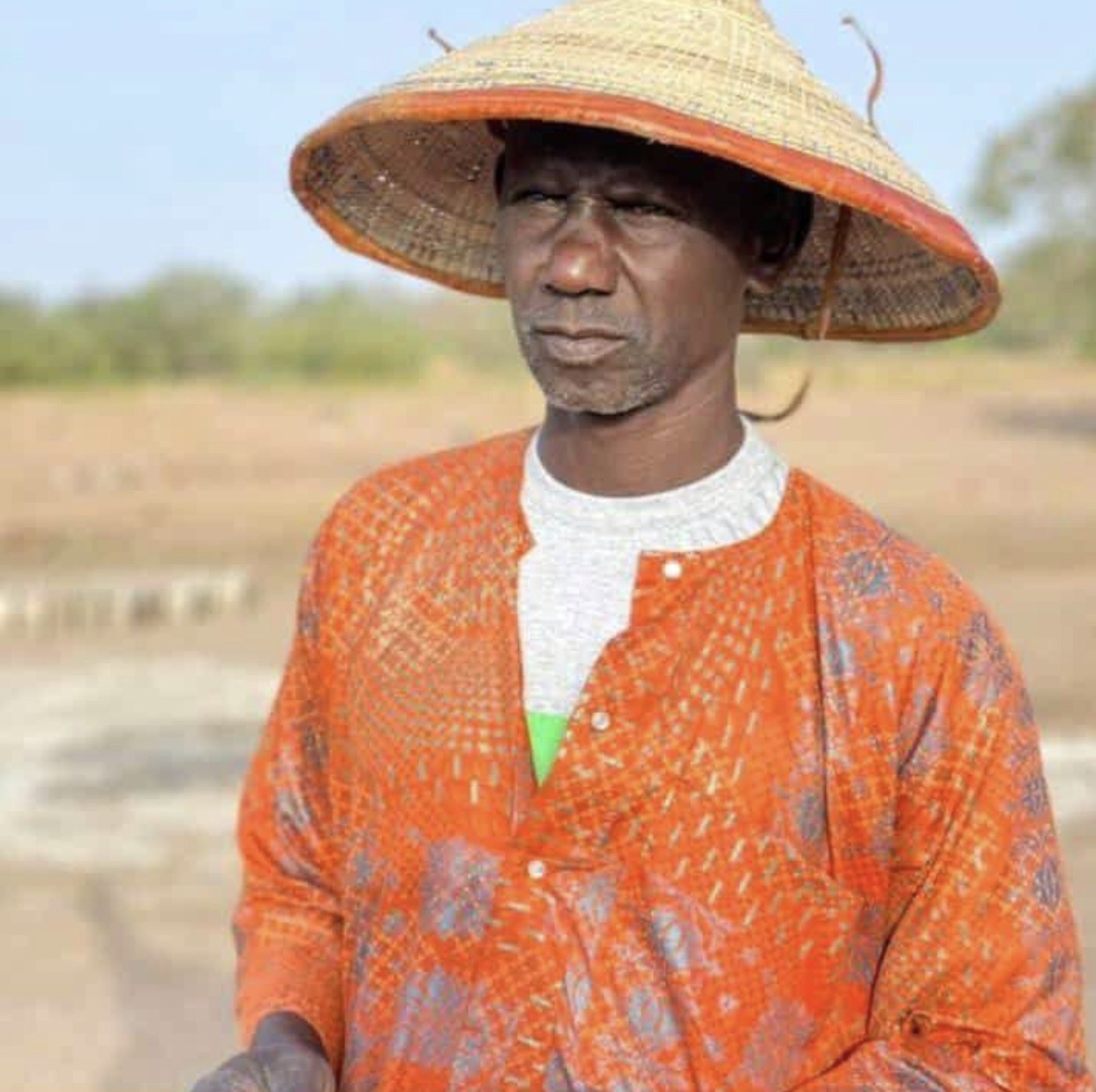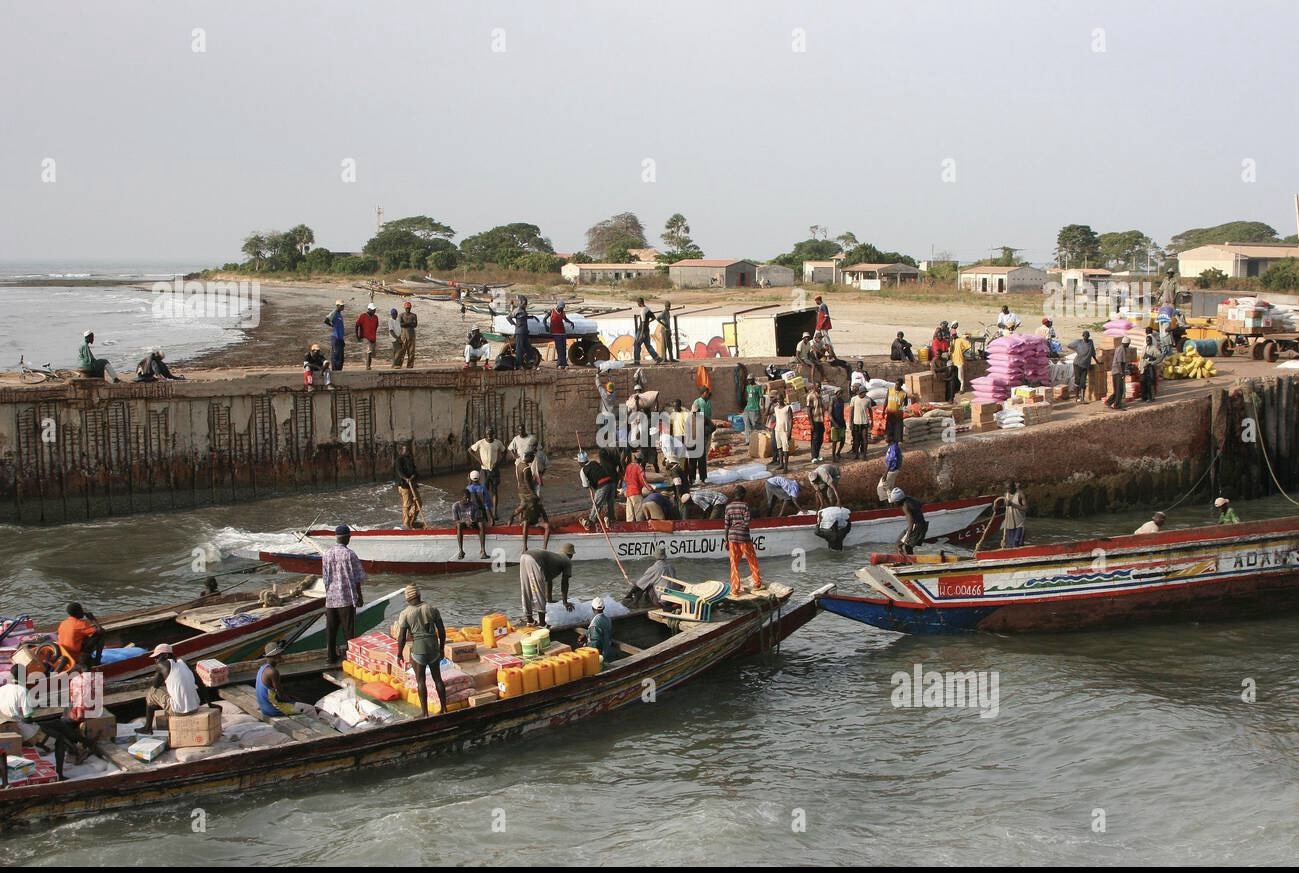By: Nyima Sillah
Master Farmers’ Cooperative Association (MaFCA), Secretary General, Amadou Bah, requested the government to reconsider the price of fertilizer noting that 80% of farmers are small-scale farmers who cannot afford to purchase specific bags of fertilizer for their produce.
According to him, if the government says it contributing immensely to the importation of fertilizers with millions of dalasi while farmers are still not getting enough fertilizer needed for their produce, then the government should reconsider the price. He noted further that the majority of the farmers cannot afford to purchase the required fertilizer needed for their farms.
“I would like the government to reflect and know that 80% of farmers are small-scale farmers. If they say the price of a bag of fertilizer is reduced to D1100, a small-scale farmer has to buy 6-7 bags or more depending on what they are producing. How much will it cost them, taking into consideration that they have a family to feed,” Bah lamented in an interview with this reporter on Monday.
He explained that overuse of fertilizers affects soil, still, farmers cannot have good produce without applying fertilizers to the soil they are farming, so failure to apply fertilizers to the land they are farming usually leads to poor harvest.
“This is why all farmers need a required amount of fertilizers on the soil. If all the small-scale farmers cannot afford to buy 6-7 bags of fertilizers, it will affect their farming. While poor harvest takes them backward,” he stated.
He said despite the reduction of the cost of a fertilizer per bag which some farmers still have challenges to buy, he said the government should reconsider its decision with immediate effect thus the rainy season started, and farmers are already set for farming.
Notwithstanding, he said, “We extolled them still we are advocating for them to consider reducing the price, remember agriculture is one of the sectors that boost the country’s economy and ease the burden of feeding.”





